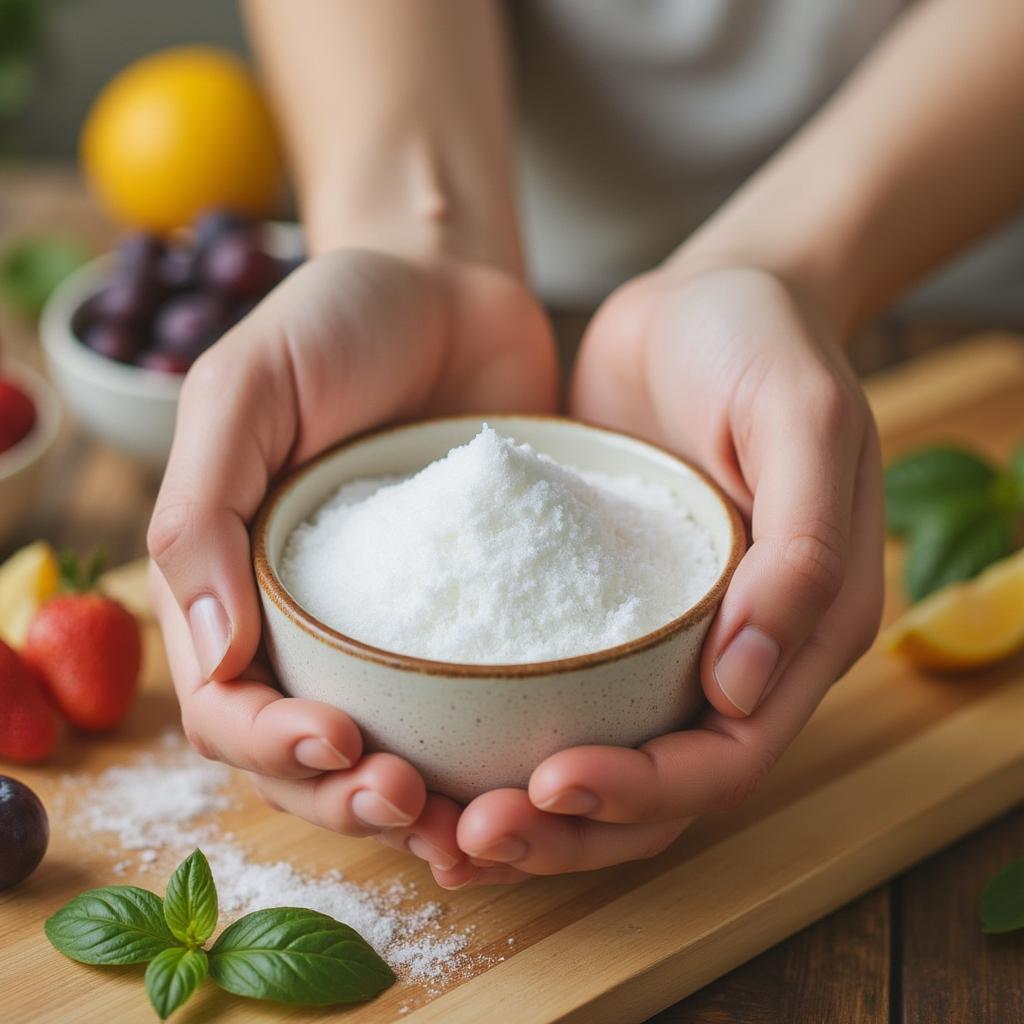Ways to Reduce Sugar Consumption
Sugar is often called the ‘white poison’ for a reason – it can lead to a plethora of health issues when consumed excessively. From weight gain to increased risk of heart disease and type 2 diabetes, the repercussions of high sugar intake are numerous. Fortunately, reducing sugar consumption is achievable with a few lifestyle tweaks. In this post, we will explore practical ways to cut down on sugar and improve your overall health.
1. Understand Where Sugar Hides
The first step in reducing sugar intake is understanding where it lurks in your diet. Sugar can be found in obvious places like candy, soda, and desserts, but it’s also hidden in foods you might think are healthy. Many seemingly healthy options, such as yogurt, salad dressings, and sauces, can be packed with added sugars. Reading labels is essential; look for sugars under different names, such as glucose, sucrose, or fructose.
2. Swap Sugary Drinks for Healthier Alternatives
Liquid sugar is one of the most significant contributors to excessive sugar consumption. Sodas, energy drinks, and even fruit juices can contain high amounts of sugar. A great way to reduce your sugar intake is to swap these beverages for healthier options like water, herbal tea, or sparkling water with a splash of lemon. If you crave something sweeter, consider infusing your water with fruits or herbs.
3. Reduce Sugar Gradually
Cutting sugar cold turkey can lead to cravings and potential bingeing. Instead, consider reducing your sugar intake gradually. Start by decreasing the sugar you add to your coffee or tea and opt for alternate sweeteners like stevia or monk fruit if necessary. Within a few weeks, your palate will adjust, and you will find that you no longer crave sugar as intensely as before.
4. Rethink Your Snacks
Snacking is often a time when we unknowingly consume excess sugar. Many processed snacks like granola bars, cereals, and baked goods contain hidden sugars. Swap out these snacks for whole, unprocessed foods such as nuts, fruits, or vegetable sticks with hummus. Not only are these options healthier, but they also provide essential nutrients and keep you fuller for longer.
5. Use Spices and Flavorings
Sometimes, the sweetness you crave can be mimicked through natural flavors. Using spices such as cinnamon, nutmeg, or vanilla can add flavor without the need for added sugar. Consider adding cinnamon to your oatmeal or vanilla extract to your smoothies for a delightful flavor lift.
6. Educate Yourself on Portion Sizes
When it comes to sweets, portion control is crucial. Instead of indulging in a whole piece of cake, consider having a smaller serving size to satisfy your sweet tooth without overdoing it. Being mindful of portion sizes allows you to enjoy the foods you love while keeping your sugar intake in check.
7. Meal Prep with Intention
Taking the time to meal prep can significantly help reduce sugar consumption. By planning your meals in advance, you can make healthier choices and avoid succumbing to convenience foods that often contain added sugars. Prepare healthy snacks and meals to have on hand throughout the week to make your sugar reduction journey smoother.
8. Choose Whole Foods Over Processed Ones
Whole foods, such as fruits, vegetables, whole grains, and lean proteins, are naturally low in sugar and high in nutrients. Incorporate more of these foods into your diet. When grocery shopping, stick to the perimeter of the store, where unprocessed foods are typically located, and steer clear of the aisles that house sugary snacks and processed foods.
9. Be Mindful of Desserts
Desserts can be the biggest culprits of high sugar consumption. Instead of reaching for a sugary dessert regularly, consider healthier alternatives. You might find that fruit salads, Greek yogurt with a drizzle of honey, or dark chocolate in moderation can satisfy your cravings without overloading on sugar.
10. Seek Professional Guidance
If you find it challenging to reduce sugar on your own, don’t hesitate to seek professional advice. A registered dietitian can provide personalized strategies and help you understand your relationship with sugar, making your journey towards reduced consumption even more effective.

